Since the beginning of the 2024-25 school year, Alexandria City High School has made it clear that they want to move towards a completely digital future, abandoning items like physical bathroom passes and student identification cards in exchange for digital ones. Now, the app that ACHS is using to move towards that future is Minga. Intended for the school setting, Minga allows for students to make digital passes as well as rewards them with its point system which they can redeem for prizes. However, the reactions of ACHS staff and students to this new system are mixed.
On July 9, 2024, Virginia Governor Glenn Youngkin signed an Executive Order (No.33) which is banning the use of cell phones in K-12 public schools. When asked about the potential cell phone ban, Dean of Students Micheal Nyman said, “I think [the cell phone ban] could potentially impact [the Minga pass system], but I think kids will just have to use their Chromebooks for Minga instead.”
He also mentioned the idea of using kiosks rather than students using Chromebooks for phones. These proposed kiosks would involve iPads connected to a Minga interface and would be stationed throughout the school, allowing security guards or administrators to check students’ passes without the need of their Chromebooks or phones.
When asked if students are happy to comply with the new Minga policy, the overwhelming response has been negative. “Absolutely not, and I’m not going to haul around my Chromebook and take it to a stall to go to the bathroom,” said Radi Ahmed, a senior at ACHS.
Many staff and students question its practicality and efficiency. “I believe that paper passes are much easier,” said Essey Tesfai, a senior at ACHS. “I personally don’t like being on my phone too much, especially in school, because it is hard to stop when you first pick it up and minga is an easy excuse to pick it up.”
Nyman said he preferred the digital pass, stressing the benefits of being able to access students’ hall pass data and history. “It’s a lot harder to fake a Minga pass than it is to fake a physical pass.”
Earlier this year, the administration began requiring students to scan their Minga IDs to allow entry into the cafeteria at lunchtime to ensure no students were skipping class. “I think it’s a really good thing,” said Nyman regarding the enforcement of students scanning Minga IDs for lunch. However, most students thought it was a waste of time, and expressed frustration that the long lines for scanning were cutting into their already limited lunch time. Although the administration only enforced this policy staggered over a few weeks, Minga remains an inevitable aspect of students’ everyday routines.
Whether Minga had a positive or negative impact on how hall passes are being used, Nyman pointed out that Minga made it easier to make group passes and schedule passes ahead of time. Christopher Cabrera agreed that Minga passes have had positive effects and that they are “easier” to make. “Other than that nothing else is different.”
Students aren’t the only people adapting to Minga; teachers are also learning how to work the digital system. “Some teachers really like it, some teachers really don’t like it, but I think that’s typical,” said Nyman. “I think the teachers who have learned Minga and have used it really like it.”
A lot of the teachers appreciate the PBIS aspect Minga, which involves a reward system that allows students to collect points for attendance. Staff are trying to use points as an incentive for students to come to school and behave in class, by giving them points when they behave, points that they can later use in the “PBIS Pop-up Cart” where you can redeem points for stuff like snacks, stickers, bracelets, jibbitz, finger frigates, and stress balls.
The King Street campus held its first PBIS festival on November 18, on the football field. To attend, students needed 100 Minga points, and meet the following criteria to attend: you needed no more than 1 “Y” (skipping), no more than 5 tardies for Quarter2 (Q2), no NHI’s for Q2, no referrals or incidents for the year, it was the first 20 students that meet the requirements, if you met the requirements, you would scan a qr code to sign up, and after you get verified by an admin, you would get an invitation on Minga.
Asked if there was anything about Minga that either needed to be changed or revamped, Nyman said that the school just needs to become familiar with it. “I don’t think it needs to be changed yet. I think the school needs to become really familiar and fluent with it”
“They make us wait for each bus to fill up, it is much more effective to let [students] disperse in the parking lot,” said Cabrera. “With more students trying to get into one bus, it takes more time and leads to physical altercations which I have seen already due to the fact people are shoving to get into one bus because all the other buses are closed.”
According to Ahmed, he feels as if the admins could have made the design better, the program or more coherent when the ideas were first thought of.
It seems that staff are happy with changing to Minga for hall passes because it’s a way to keep students from wandering the halls, while students are more averse to Minga because it over complicates the process of making hall passes. However, it’s apparent that both staff and students need some time to get used to using Minga over physical passes.


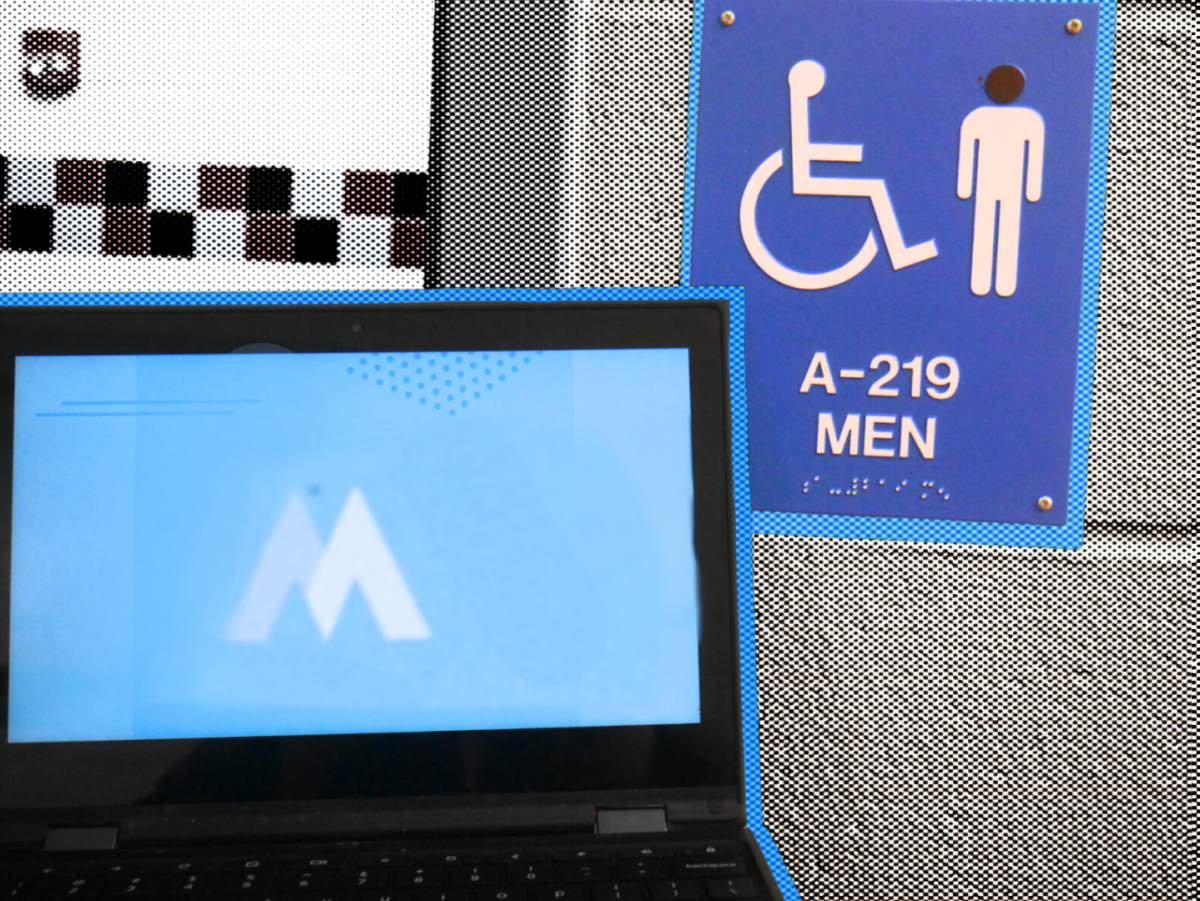




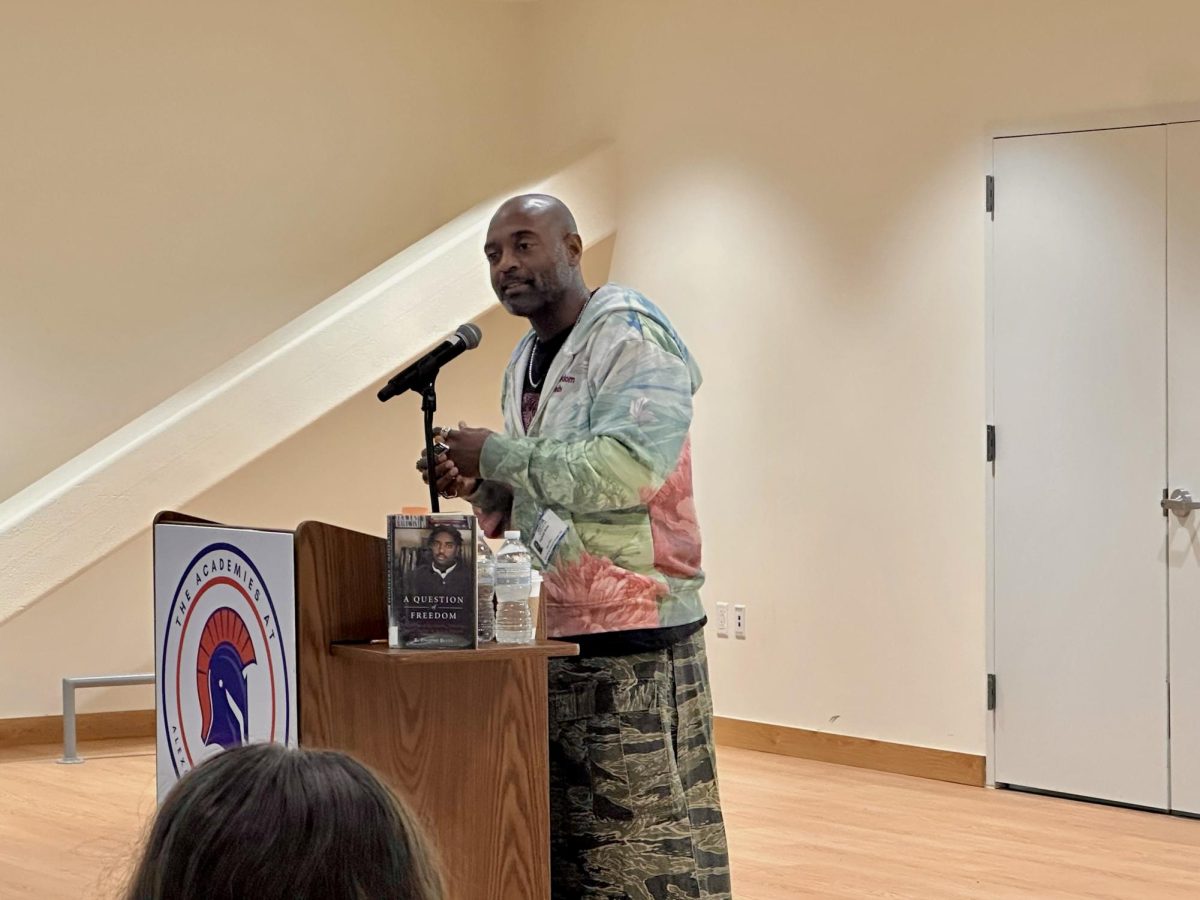

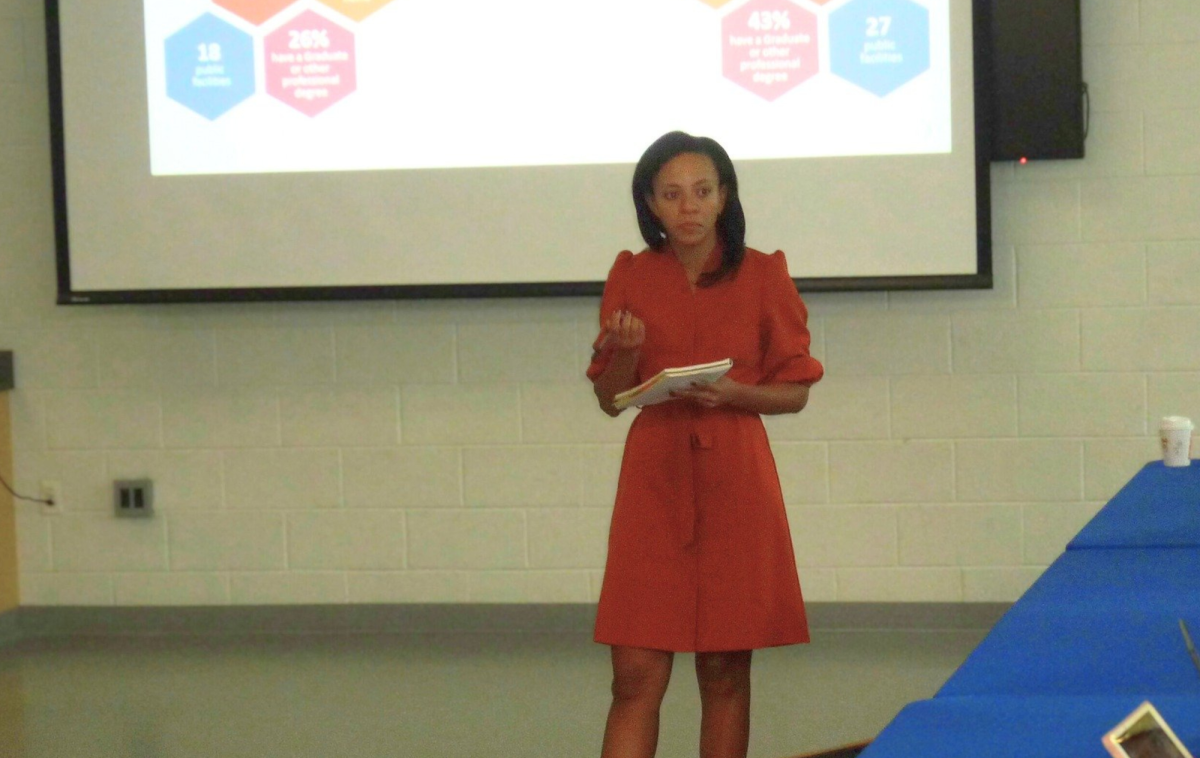

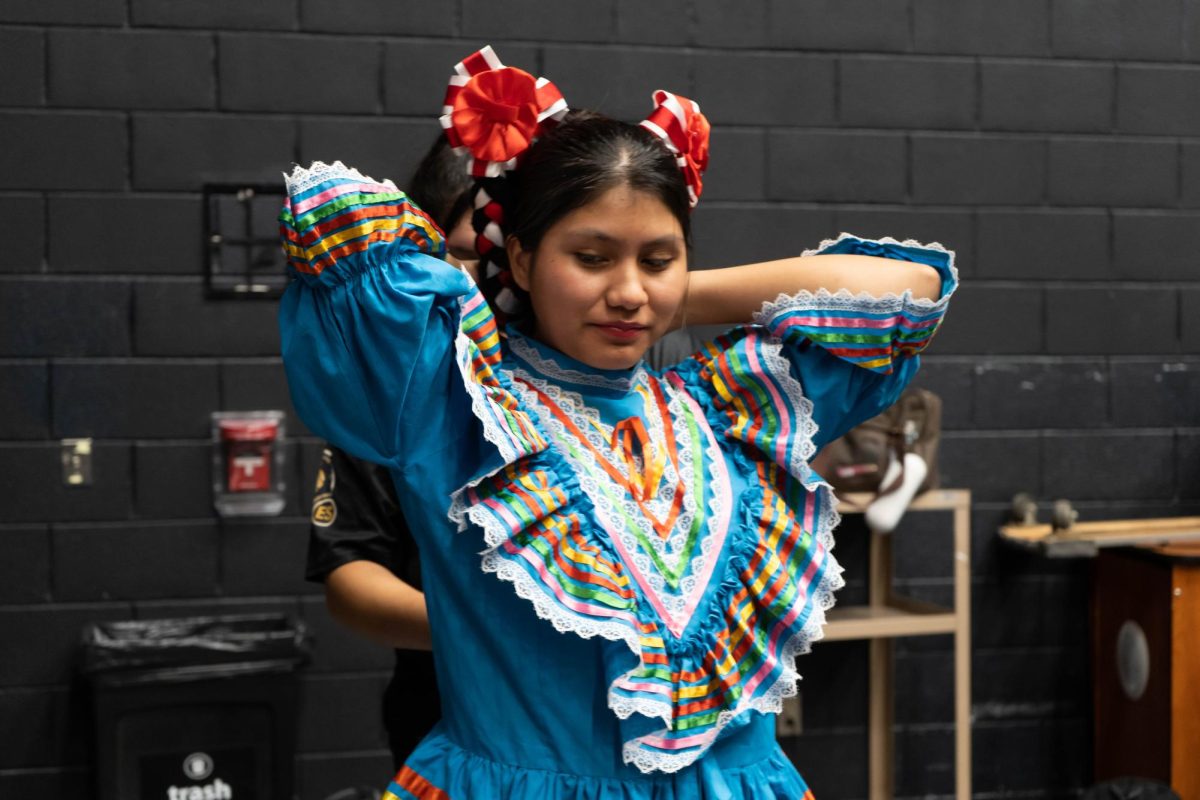

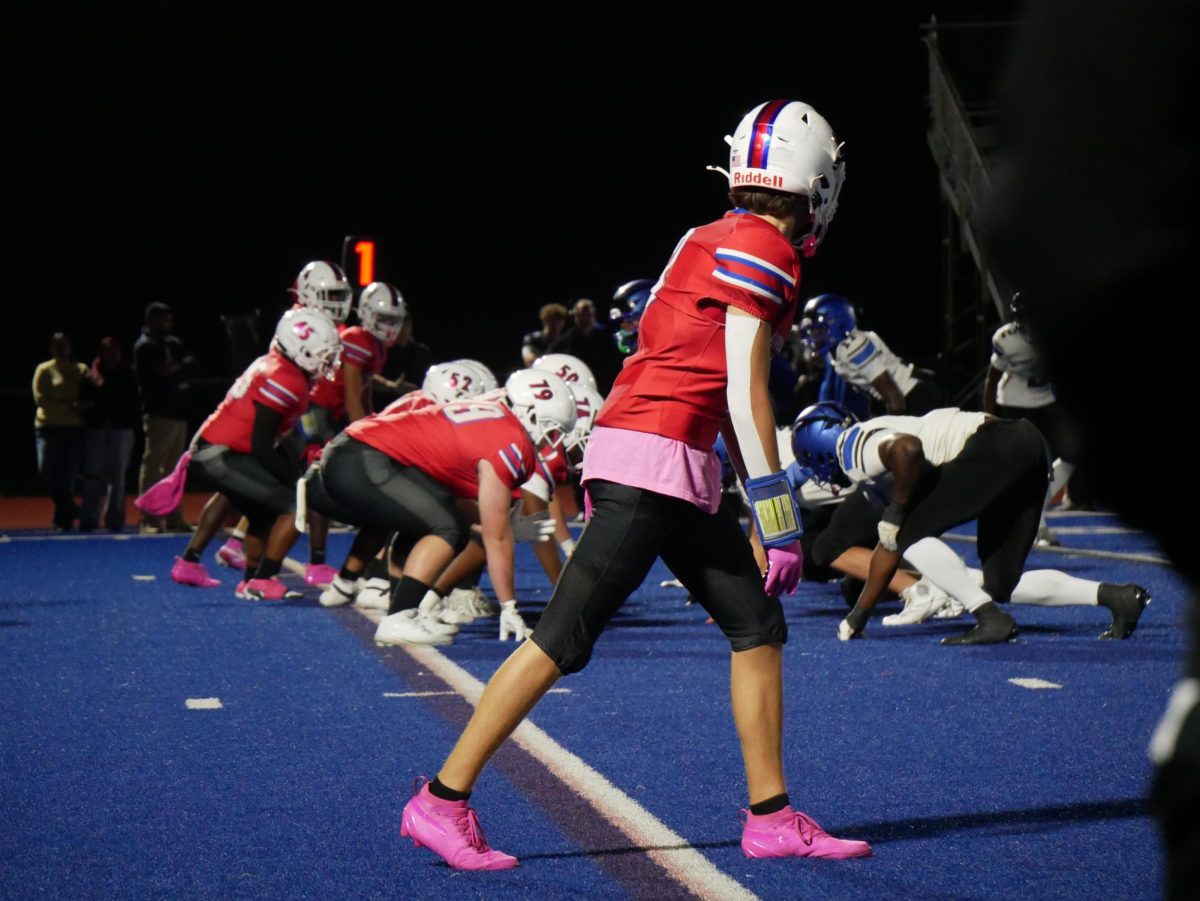
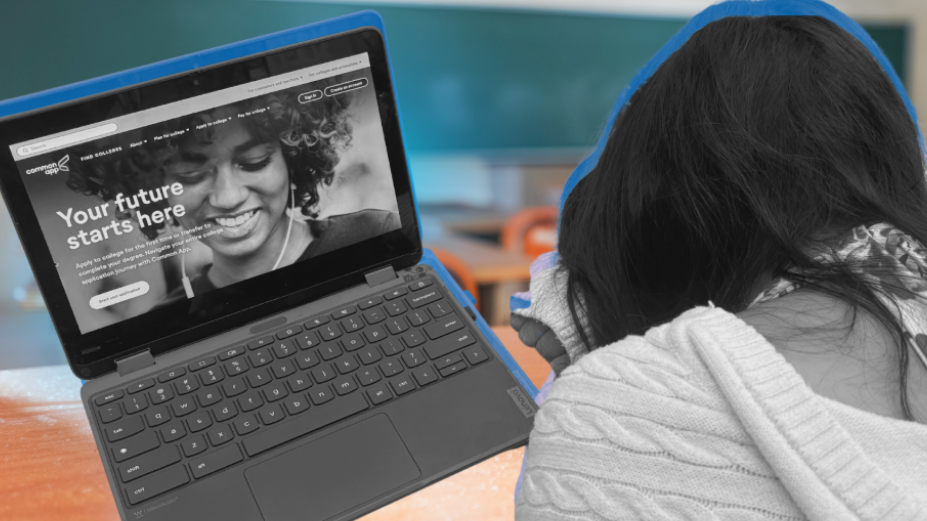
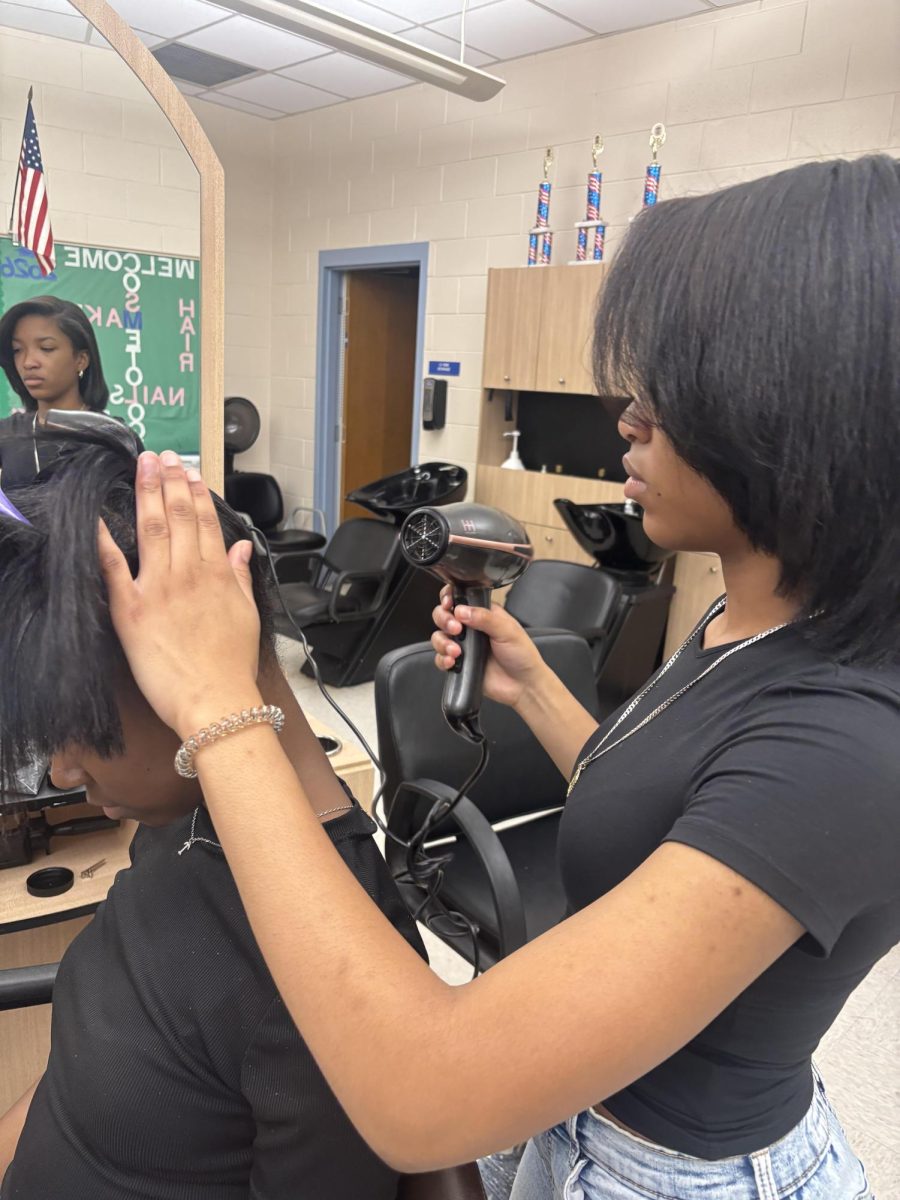
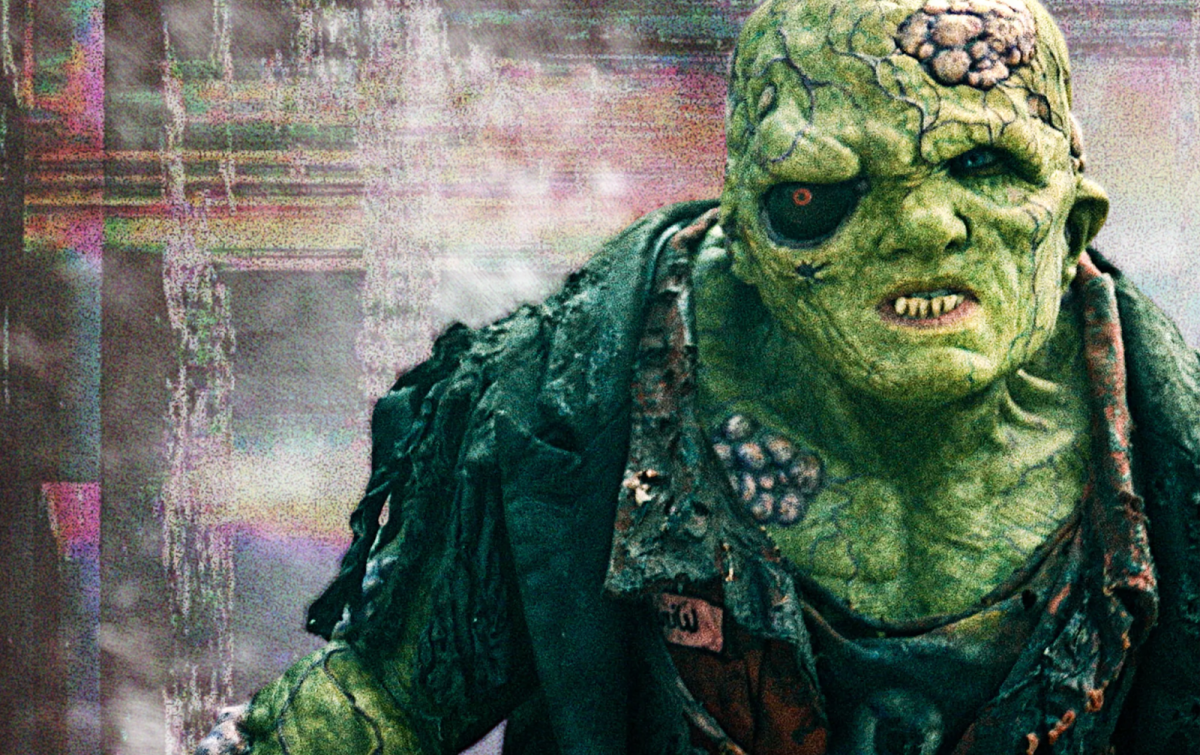
Byron Libresco • Dec 5, 2024 at 1:05 pm
As a student, I find the Minga system to be an over complicated way keep students in school. As I was entering the building earlier today security guards were yelling a a girl for not scanning her Minga. Firstly, I find, it is a lot easier to communicate with security if they are not yelling at you. Secondly, the Minga system did not even work. The girl just kept walking into the school without having to actually scan a Minga. What this shows me is that students that are obeying the rules and regulations regarding Minga have an extra annoying thing to do. Meanwhile, the students, or even people disguised as students :), that are not following the rules have easier access into school, lunch, and the bathroom.